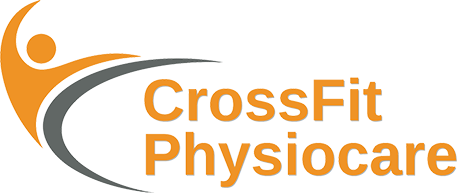
Neck Stiffness
Neck stiffness refers to a sensation of tightness, discomfort, or reduced flexibility in the muscles and joints of the neck. It can be caused by a variety of factors, ranging from poor posture and muscle tension to underlying medical conditions. Neck stiffness can be accompanied by other symptoms such as pain, limited range of motion, headaches, and even referred pain to the shoulders, arms, or upper back.
Common Causes of Neck Stiffness:
Poor Posture: Spending extended periods with the head and neck in a forward-leaning position (common with computer or smartphone use) can strain neck muscles and lead to stiffness.
Muscle Tension: Stress, anxiety, or overuse of neck muscles can result in muscle tension and stiffness.
Sleeping Position: Sleeping in an awkward position or using an unsupportive pillow can lead to neck stiffness upon waking up.
Whiplash Injury: Sudden jerking of the head, such as in a car accident, can lead to neck injury and subsequent stiffness.
Degenerative Conditions: Conditions like cervical spondylosis or herniated discs can cause wear and tear on the cervical spine, leading to stiffness.
Muscle Strain: Overexertion or sudden movements that strain neck muscles can result in stiffness.
Arthritis: Conditions like osteoarthritis or rheumatoid arthritis can lead to joint inflammation and stiffness.
Tips for Relieving Neck Stiffness:
Posture Awareness: Maintain good posture while sitting, standing, and using electronic devices.
Ergonomic Setup: Ensure your workspace is ergonomically designed to reduce strain on the neck.
Stretching: Gentle neck stretches can help relieve tension and improve flexibility. Slowly tilt, rotate, and lean your head in various directions.
Heat or Cold Therapy: Applying heat (warm shower, heating pad) or cold (ice pack) can help relax muscles and reduce inflammation.
Massage: Gentle self-massage or professional massage therapy can help alleviate muscle tension.
Pillow Choice: Use a supportive pillow that aligns your head and neck with your spine while sleeping.
Physical Therapy: A physical therapist can provide exercises and stretches tailored to your condition.
Pain Relievers: Over-the-counter pain relievers can help manage pain and inflammation. Consult a healthcare provider before using them regularly.
Stress Management: Practices like deep breathing, meditation, and yoga can help reduce muscle tension caused by stress.
When to Seek Medical Attention:
If neck stiffness is accompanied by severe pain, numbness, weakness, fever, difficulty swallowing, or other concerning symptoms, it’s important to consult a healthcare professional. These could be signs of a more serious underlying condition that requires medical evaluation and treatment.
While mild neck stiffness can often be managed with self-care measures, persistent or worsening symptoms should be evaluated by a healthcare provider to determine the underlying cause and appropriate treatment.
- Daani Plaza E-595-596, 4th Floor, Ramphal Chowk Rd, Block E, Sector 7 Dwarka, New Delhi - 110075
- +91 99996 26251
- support@crossfitphysiocare.com
How can we help you?
If you are looking for the best and nearest physiotherapist, then click below to message us on WhatsApp.
